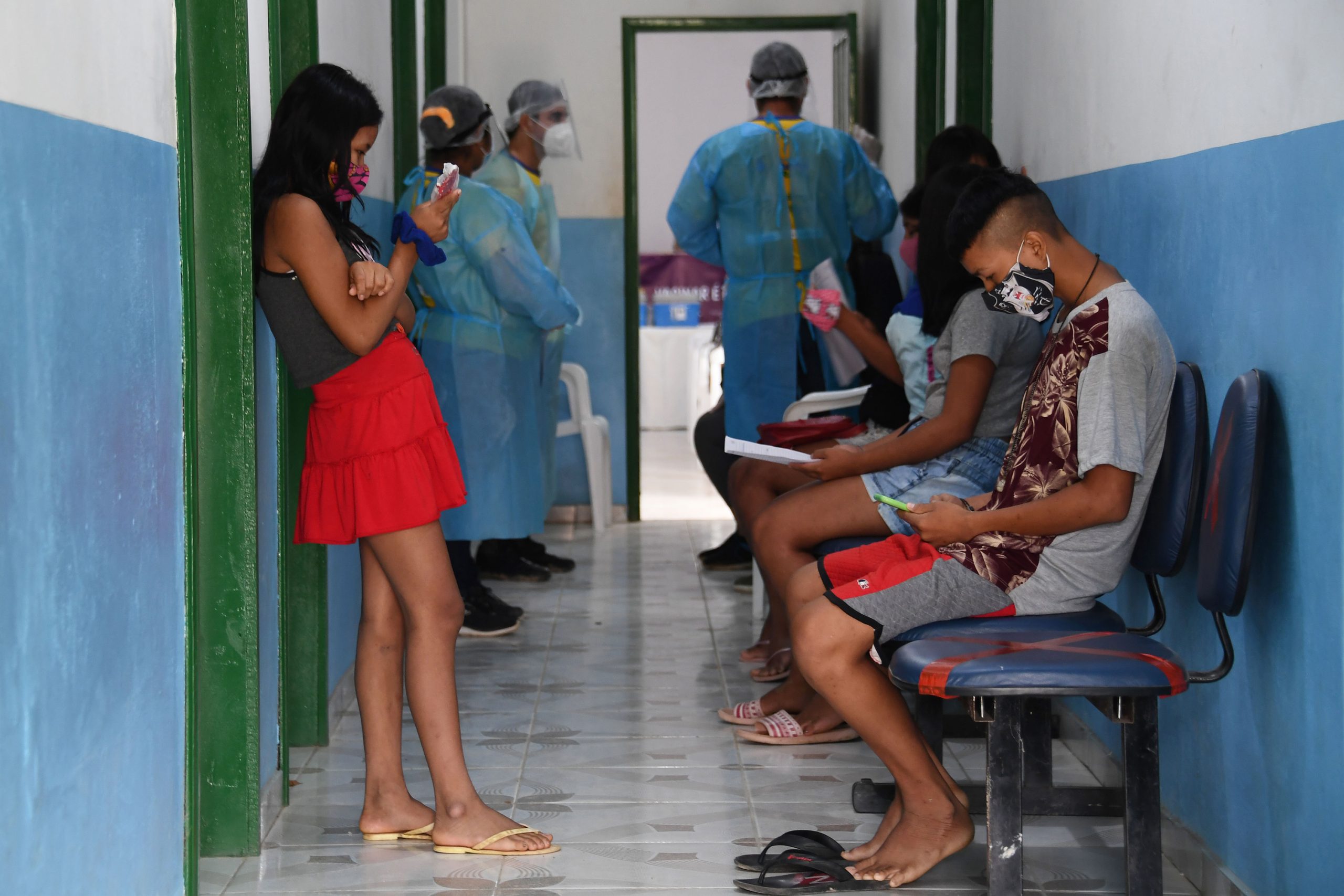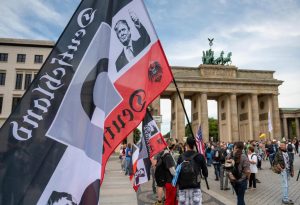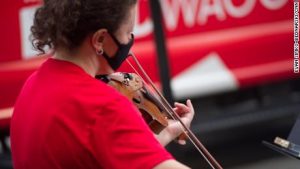Remote indigenous communities in Brazil, who have little or no contact with the outside world, are facing a grave threat from Covid-19 — and advocates accuse the government of failing to protect these vulnerable groups.
The virus has already killed a member of the Marubo and a member of the Tikuna indigenous people living in the remote Javari Valley, and more than 450 people have been infected, according to the Brazilian government.
“The situation in the Javari Valley is critical,” said Douglas Rodrigues, a physician who has worked with recently contacted indigenous groups over the past 40 years. “We are preparing for a catastrophe,” he told CNN.
Overall, some 800,000 indigenous people live in villages throughout Brazil. The largest concentration of isolated communities is based in the Javari Valley, a region the size of Austria, located in southwest Amazonas state, near the border with Peru.
In March, when the coronavirus was first reported in Brazil, a government agency overseeing indigenous affairs said it would bar entry to the Valley so that outsiders couldn’t spread the virus.
But that didn’t happen, advocates say.
Read the full story here:



















